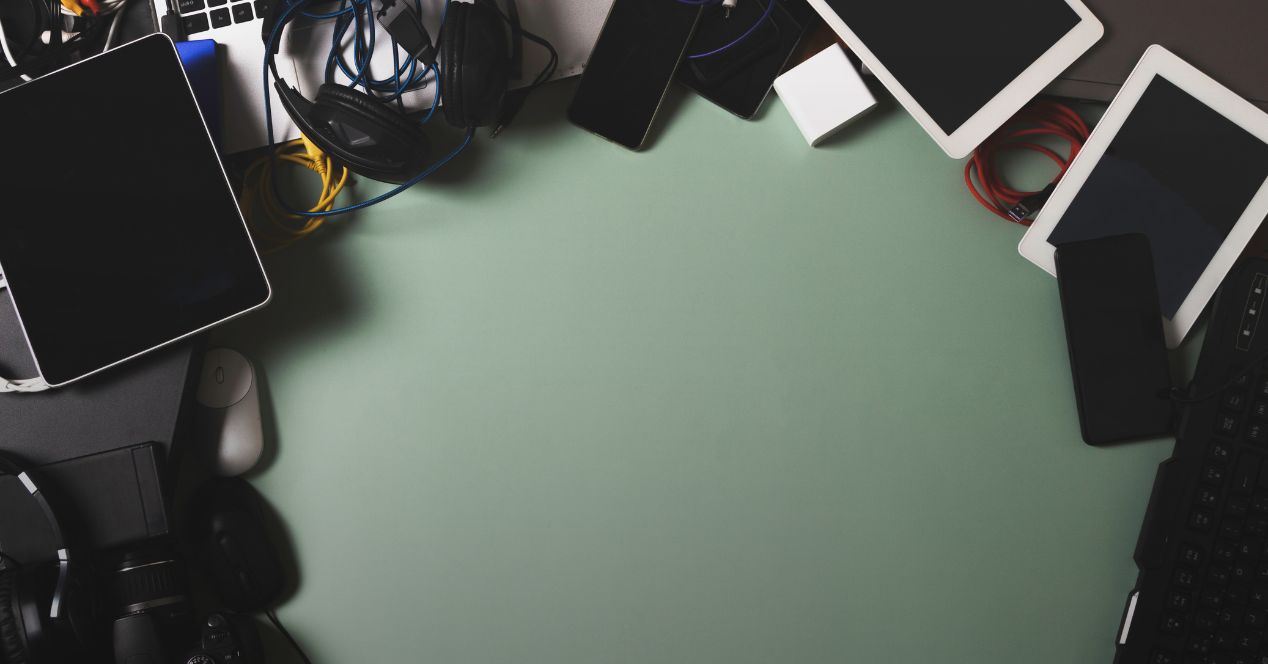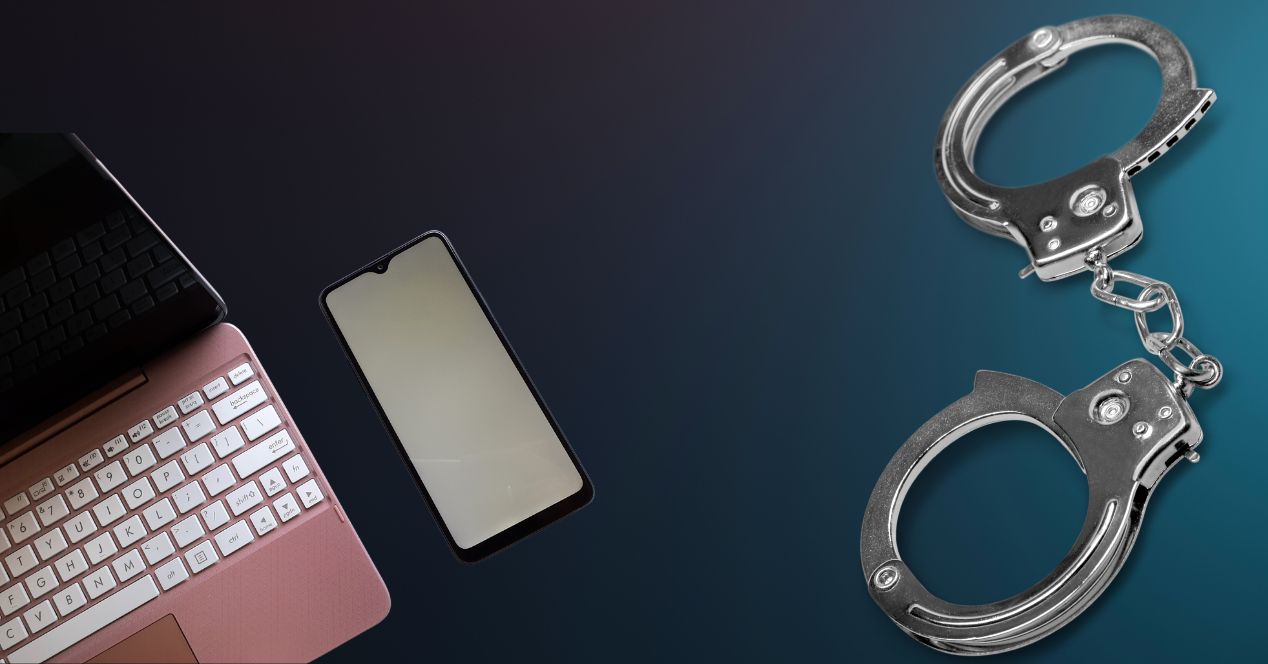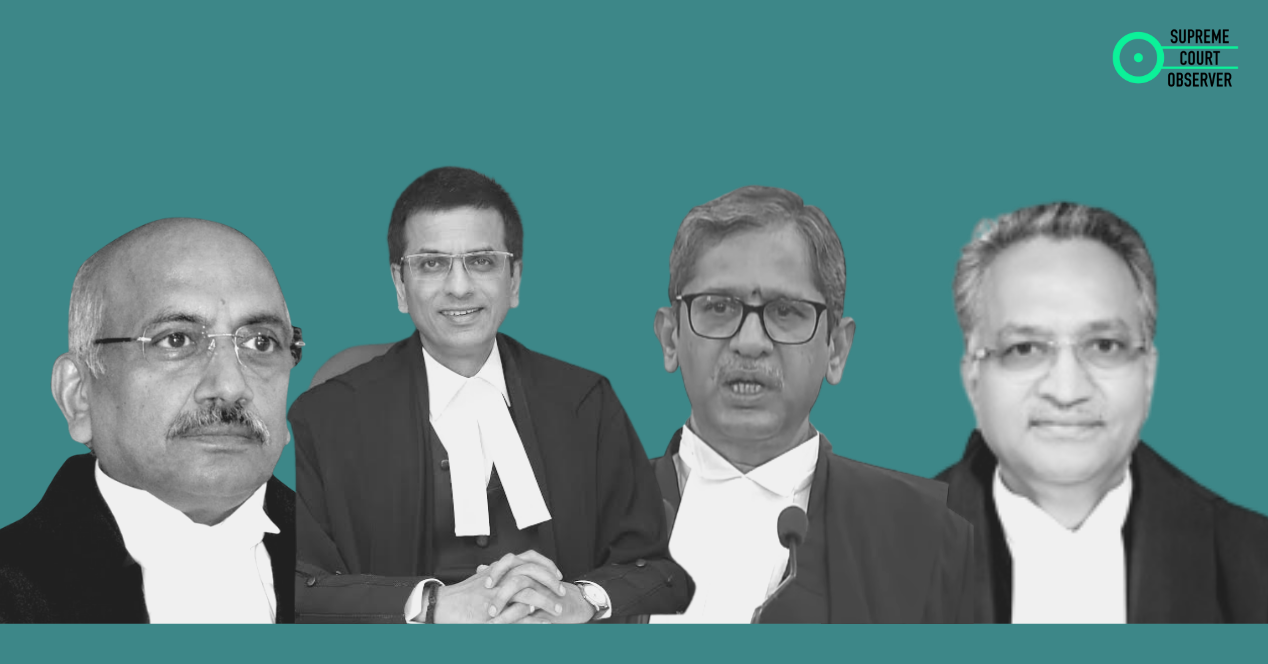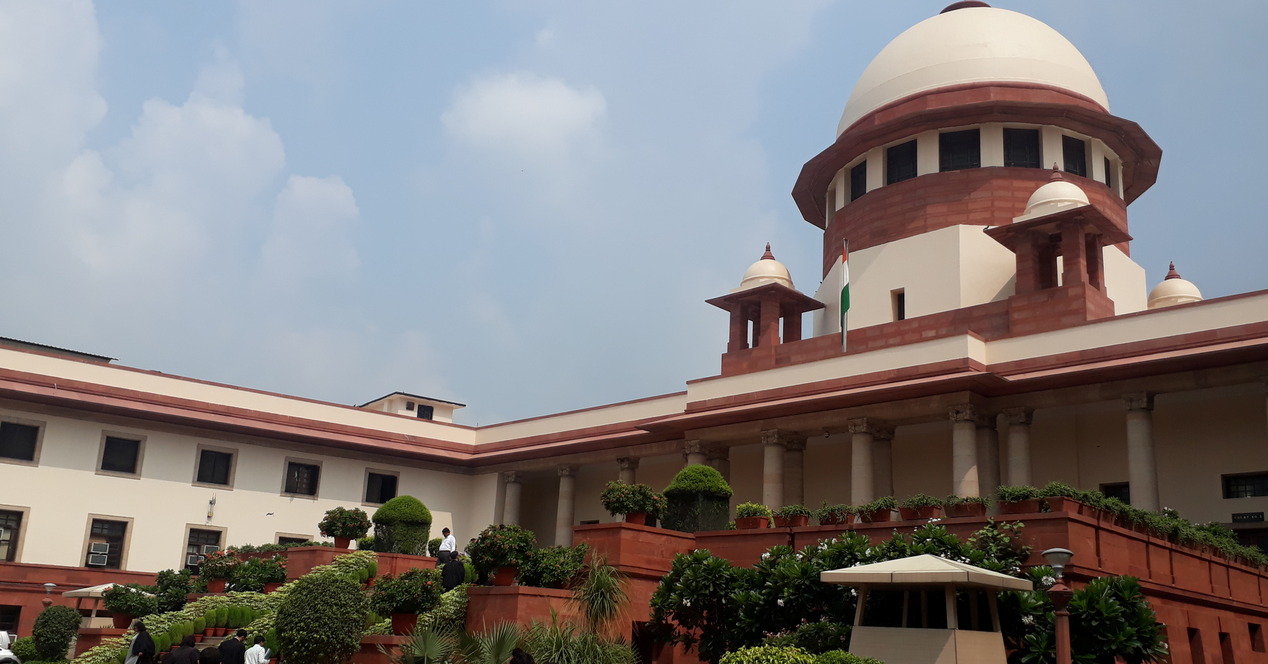Analysis
Supreme Court takes stock of virtual hearing systems in High Courts
The top court encouraged the standardisation of virtual hearing procedures across the country’s High Courts
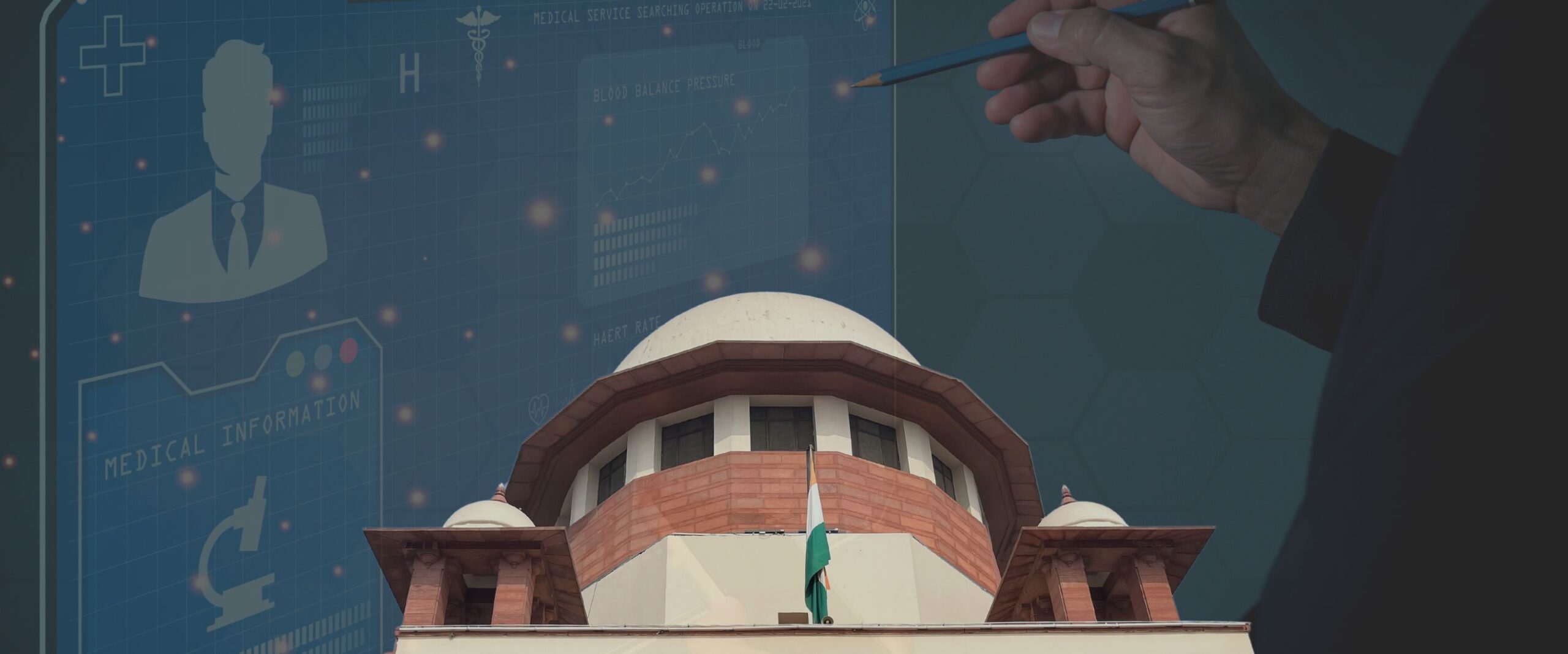
On the same day as a litigant was heard directing foul language at a Delhi High Court judge during a virtual hearing, the Supreme Court heard an ongoing case on video conferencing facilities in the High Courts.
On 19 January 2024, a note was placed before a Bench led by the Chief Justice of India D.Y. Chandrachud by amici curiae. The note reveals that while video conferencing facilities are available in all High Courts, some lack equipment for “seamless hybrid hearing.” These are the High Courts of Allahabad, Patna, Jammu and Kashmir, Punjab & Haryana and Madras.
Based on a detailed questionnaire sent to the High Courts, the note was prepared by amici curiae Senior Advocate Gaurav Agarwal and Advocate K. Parameshwar. The amici also held detailed interactions with the High Courts.
“…[T]echnology plays an essential role in securing access to courtrooms and as a result, access to justice for citizens across the country … In the march of technology, the Courts cannot remain tech averse,” the Court had observed while tasking the amici with gathering details on the video conferencing infrastructure and e-filing facilities from the High Courts in October last year.
Together with the amici, a draft Standard Operating Procedure (SOP) has also been prepared by Justice Rajiv Shakdher of the Delhi High Court.
The story so far
The Bench, which also comprises Justices J.B. Pardiwala and Manoj Misra, is in the process of hearing a batch of petitions seeking virtual hearing facilities in all High Courts and Tribunals.
Some of the petitions were filed after certain High Court ceased such facilities after they resumed regular hearings after the Covid-19 pandemic.
In an Order on 6 October 2023, the Bench had nominated the two amici to individually contact the Registrar General (Information Technology) of the High Courts.
The Bench asked Justice Shakdher to prepare a model SOP based on the SOP prepared by the Supreme Court’s e-committee.
In its Order on 6 October 2023, the Bench also issued a long list of directions. Amongst other things, the Court held that High Courts shall not deny access to video conferencing facilities to any advocate or litigant. To this end, it directed state governments to provide the High Courts with the funds for infrastructure. Further, the Court ordered that the links for accessing video conferencing be made available in the daily cause list. The Court also held that the Union Government shall ensure that all tribunals are provided with the requisite infrastructure for hybrid hearings before 15 November 2023.
Meeting with IT Registrars and a questionnaire
To understand the technological aspects of the hybrid system of hearing, the amici met H.S. Jaggi, Registrar (Information Technology) and Ashish J. Shiradhonkar, Registrar (Technology, Innovation and Planning) of the Supreme Court. The amici were given a live demonstration of the technological equipment required.
Thereafter, a detailed questionnaire was sent to the High Courts for their comments. The questionnaire sought details on the availability of virtual hearing infrastructure, the hardware and software used and the existence of e-seva kendras.
To have first-hand experience, the amici logged into the virtual hearing system of most of the High Courts.
Between 20 and 30 October 2023, the amici held interactions with the Registrar (Information Technology), Registrar General and the Central Project Coordinator, E-Committee of all the High Courts. On 19 November, the draft SOP was circulated to all the High Courts.
Hybrid hearings
The amici have submitted that all the High Courts have a functioning virtual hearing system, but some of the High Courts do not have an effective hybrid hearing system which is necessary when at least one participant is appearing physically in the Court.
According to them a “viable and effective” hybrid hearing system requires the use of sound amplifiers, mixers and the allied IT equipment.
The High Courts where video conferencing facilities are “partly available” are the High Court of Punjab and Haryana, and the Itanagar Bench of the High Court of Gauhati.
There is a lack of equipment for “seamless hybrid hearing” in the High Courts of Allahabad, Patna, Jammu and Kashmir, Punjab & Haryana and Madras
Most High Courts responded that there are no dedicated personnel for virtual hearing. In places where there are such personnel, it is inadequate.
Software for hybrid hearings and sharing VC links
During the hearing on 19 January, the Bench was informed that the practice in some High Courts is to allow parties to log-in only when their matter is about to be called out. The CJI recognised that such limited access can create difficulties and agreed to consider passing directions on this aspect.
While the Supreme Court uses Cisco Webex, the High Courts use different platforms for virtual hearings.
Ten of the High Courts use Zoom, eight use Cisco Webex, four use Google Meet, two each use Jitsi and BlueJeans (scheduled to shut down in 2024) and one each use VConsol and Microsoft Teams. Only one High Court uses the National Informatics Centre-developed Bharat VC.
Most High Courts use a licensed version of the platform they use, which provides added features such as muting certain participants.
The Courts follow different modes of sharing video conferencing links. In some High Courts, links are listed in a dedicated section on the High Court’s website. Some, like the Delhi and Calcutta High Courts, include links in the daily cause-list. In certain High Courts, links are additionally sent through text and email.
Gujarat High Court submitted that links are currently shared only through text and email, but steps are being taken to publish them in the cause list. J&K High Court submitted that links are shared in the WhatsApp groups of advocates and telephonically. Karnataka High Court said it shares links through text, Telegram and its website.
e-Sewa kendras
e-Sewa kendras are facilities which enable advocates and litigants to obtain information with respect to case status copies of judgments and orders.
As per the note, such facilities are available in the High Courts of Chhattisgarh, Delhi, Guwahati (at Nagaland), Jammu & Kashmir, Karnataka, Meghalaya, Orissa and Tripura.
It is not available in the High Courts of Andhra Pradesh, Bombay Gujarat, Madras, Patna, Rajasthan, Telangana and Uttarakhand.
Power and internet
All the High Courts adequate provisions for uninterrupted power supply, according to the note compiled by the amici. Most of the High Courts have adequate internet speed and connectivity except for the Benches of the High Court functioning in the Northeast.
However, most are yet to implement a scheme for free Wi-Fi internet for lawyers in pursuance of the Supreme Court’s 6 October 2023 Order.
Amici suggestions
The amici observed that the High Courts of Orisha, Kerala, Gujarat, Delhi, Karnataka and Bombay have a “robust” hybrid hearing system. They suggest that a workshop be convened to facilitate the setting-up of similar quality systems in the other High Courts.
The amici also suggested that the Supreme Court direct the High Courts to send their human resource, IT and financial requirements to the respective state governments. The state governments could be directed to do the needful within two weeks’ time.
The draft SOP
The draft SOP placed before the Supreme Court covers all aspects of virtual hearings. This includes the attire that will be considered proper and the location from where a party or advocate may log into the video conferencing platform.
The amici suggested the Supreme Court to direct the High Courts to notify the SOP in accordance with the draft SOP settled by Justice Shakdher with such modifications as the top court deems fit.
The draft suggests the following:
- An advocate would be entitled to appear without restriction before the High Court through a video conferencing facility. However, the High Court may regulate the participation of a litigant (or any other person) as per its Rules or Practice Directions.
- The links for each Court shall be provided in the daily cause list, which shall be published on the website of the High Court.
- Advocates or litigants may, if they so desire, use the facility of Video Conferencing available in the High Court premises or e-Sewa Kendra.
- While accessing the virtual platform, an advocate may be required to enter details like name, item number, party for which they are appearing or such other information as required by the High Court. If the advocate appears in more than one matter, case numbers of all matters may be required to be provided.
- Participants should avoid using multiple devices at remote locations to eliminate the chance of echo or disturbance.
- The Advocate must be dressed in professional attire. If the Advocate is not dressed in professional attire, the right of audience may be withdrawn by the Court. Similarly, a party in person must be appropriately dressed.
- Court proceedings conducted through video conferencing are judicial proceedings for all purposes, and all protocols applicable to physical courts shall apply to virtual proceedings.
- Cell phones of all participants shall be switched off or kept in aeroplane mode during the proceedings.
- The Advocate or party in person may log in from their office, residence, conference room, etc., but not from a vehicle. The remote location should be quiet and have sufficient internet coverage. The Advocate/Party should have the camera switched on during Court proceedings. All participants should endeavour to look into the camera, remain attentive and not engage in any other activity during the proceedings.
- Only the Advocate or duly authorised person in the matter would be entitled to address the Court. The Court coordinator may mute or unmute any other participant.
- Advocates and participants may regulate their microphones to avoid disturbing the court proceedings. At the time of joining, the microphone should be kept muted. The microphone may be unmuted only when the matter is called out. The Court may direct the court coordinator to mute the microphone of an Advocate or participant if there is a disturbance in the court proceedings.
- If any participant indulges in an act which is considered inappropriate, they may be excluded from the VC proceedings, and action as directed by the Court may be taken in the matter.
- No recording of the court proceedings is allowed.
- Advocates and participants can seek assistance through the chat facility wherever available. The chat facility should be used only for seeking help from the court coordinator regarding technical assistance concerning VC hearing and/or inquiring about the item number of the case being heard. The Court coordinator would respond to such queries on a best-effort basis.
- Advocates can give a memo of appearance in such a manner as notified by the concerned court.
- Each High Court may lay down a procedure for mentioning matters through online mode and place the same on the website.
- If the number of participants who have joined the virtual proceedings exceeds or is likely to exceed the maximum log-ins permitted by the software, the court coordinator, in the first instance, may remove viewers not participating in the court proceedings. Advocates/litigants appearing in later items may also be requested to log out.
- In cases where in-camera proceedings are required to be held, virtual hearings may be restricted to the parties and/or their advocates.
- The present Standard Operating Procedure shall be in addition to the Video Conferencing Rules notified by the High Court and not in derogation thereof.
Update to be filed
During the hearing on 19 January, the amici informed the Bench that the information contained in their note is from 6 November 2023. Their note also contains a disclaimer that a number of High Courts have informed the amici that they are in the process of making video conferencing “more robust”, implying that the information compiled by them might not be fully up-to-date.
“It is agreed that they would prepare an updated position for the perusal of this Court after interacting with the High Courts.” the Bench noted in its Order.
The Court will hear the matter next on 12 February 2024.

